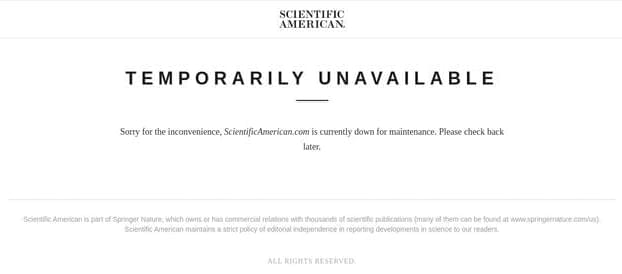More than 400 years ago, Galileo showed that many everyday phenomena—such as a ball rolling down an incline or a chandelier gently swinging from a church ceiling—obey precise mathematical laws. For this insight, he is often hailed as the founder of modern science. But Galileo recognized that not everything was amenable to a quantitative approach. Such things as colors, tastes and smells “are no more than mere names,” Galileo declared, for “they reside only in consciousness.” These qualities aren’t really out there in the world, he asserted, but exist only in the minds of creatures that perceive them. “Hence if the living creature were removed,” he wrote, “all these qualities would be wiped away and annihilated.”
Since Galileo’s time the physical sciences have leaped forward, explaining the workings of the tiniest quarks to the largest galaxy clusters. But explaining things that reside “only in consciousness”—the red of a sunset, say, or the bitter taste of a lemon—has proven far more difficult. Neuroscientists have identified a number of neural correlates of consciousness —brain states associated with specific mental states—but have not explained how matter forms minds in the first place. As philosopher David Chalmers asked: “How does the water of the brain turn into the wine of consciousness?” He famously dubbed this quandary the “hard problem” of consciousness.
Scholars recently gathered to debate the problem at Marist College in Poughkeepsie, N.Y., during a two-day workshop focused on an idea known as panpsychism. The concept proposes that consciousness is a fundamental aspect of reality, like mass or electrical charge. The idea goes back to antiquity—Plato took it seriously—and has had some prominent supporters over the years, including psychologist William James and philosopher and mathematician Bertrand Russell. Lately it is seeing renewed interest, especially following the 2019 publication of philosopher Philip Goff’s book Galileo’s Error, which argues forcefully for the idea.
